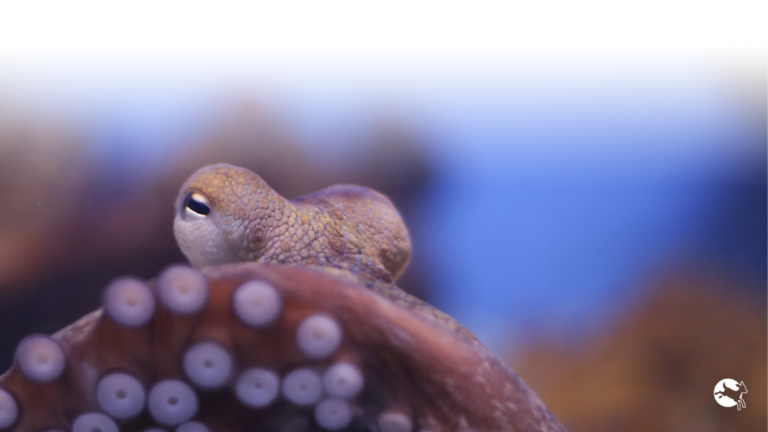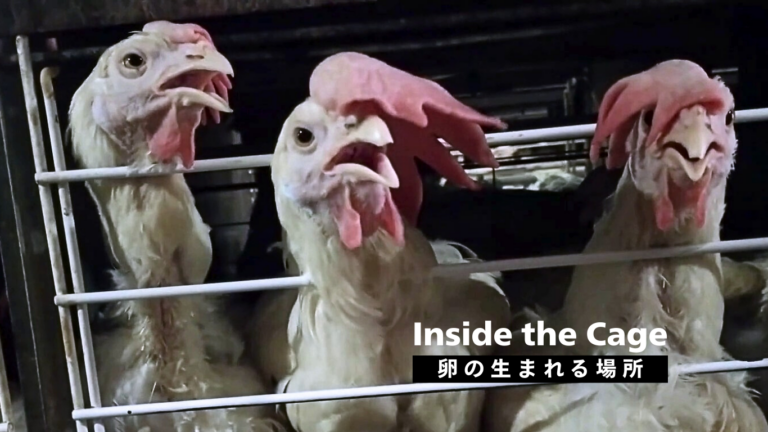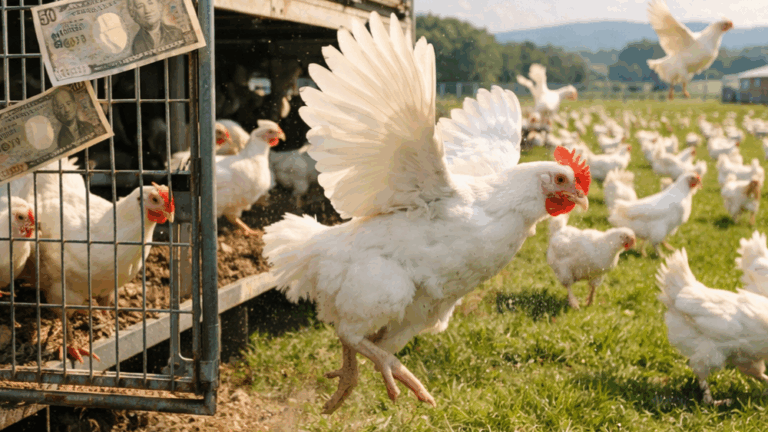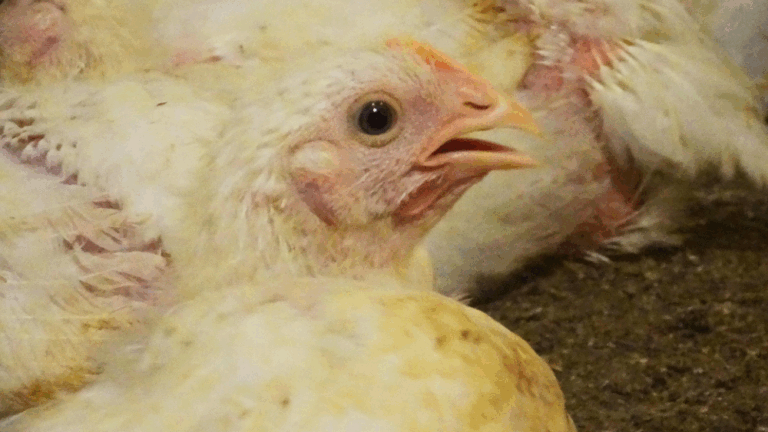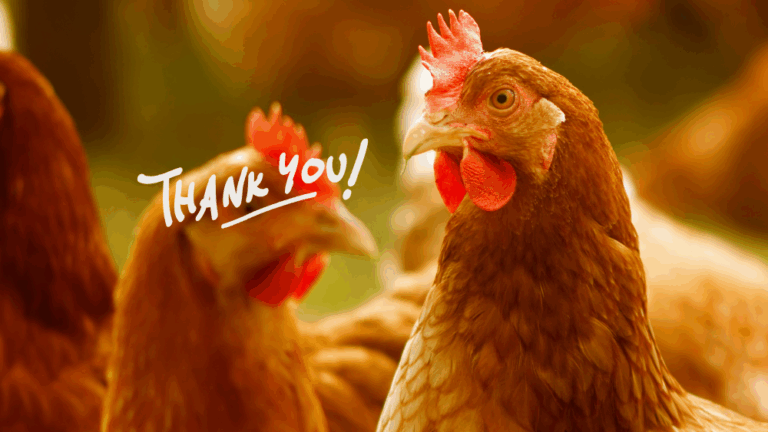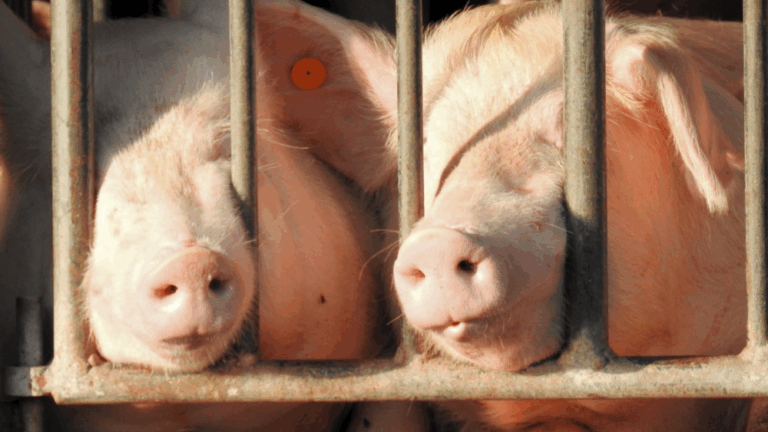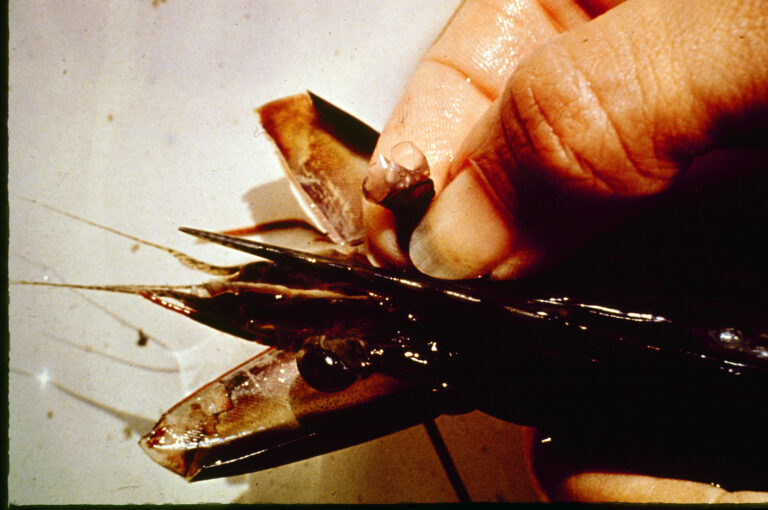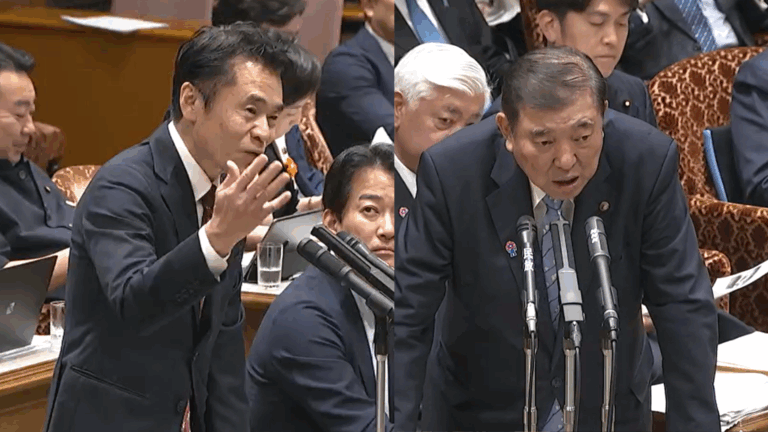New report reveals 8 reasons why it’s cruel and unsustainable
Compassion in World Farming and Animal Rights Center Japan have written to the Japanese government urging them to stop octopus factory farming as a new report, released today (8 October 2021), on World Octopus Day, reveals that it is cruel and damaging to the planet.
Compassion’s report – ‘Octopus Factory Farming – A Recipe for Disaster’ – reveals how the octopus would suffer greatly in farms due to its solitary and inquisitive nature and exposes the lack of any approved humane slaughter method. In addition, there is currently no legislation to protect their welfare in farms and their carnivorous diet makes farming them unsustainable and damaging to the environment.
In Japan, research is currently being conducted into the viability of farming octopuses. Specifically, researchers are looking into how to control the reproductive cycle and how to feed octopuses during the paralarval phase.
Marine Biologist Dr Elena Lara, Fish Research Manager at Compassion in World Farming and author of the report, explained: “The Netflix film, My Octopus Teacher, gave the world a moving glimpse into the lives of these unique, naturally solitary and fragile wild animals. People who watched it will be appalled to discover that there are plans to confine these fascinating, inquisitive, and sentient creatures in factory farms. Their lives would simply not be worth living.
“The word ‘octopus’ comes from the Greek ‘októpus’ meaning ‘eight foot’, so our report, launched today on World Octopus Day, reveals eight reasons why octopuses should not be factory farmed. It details the immense suffering it would cause, the lack of a humane slaughter method and the absence of any legislation to protect their welfare. What’s more, feeding fishmeal to these carnivorous wild animals in farms is unsustainable and would be very damaging to the environment.
“That’s why, today, we have sent our report and written letters to the governments in Spain, Japan, Mexico, Portugal and the US urging them to prevent any further development of octopus farming.”
ARCJ representative director Okada Chihiro said “The false belief that aquaculture is sustainable is spreading in Japan, but it is not. We hope for courageous halt to embarking on unsustainable octopus farming, where welfare is difficult to secure. Insatiable appetite has caused many animal and natural sacrifices, and in this era we should not be creating any more.”
Wild-caught octopuses are consumed all over the world, especially in several Mediterranean countries in Europe, as well as in Asia and Mexico. In Japan, 70,000 tonnes of wild-caught octopus are consumed every year1,2. In the EU, Italy consumes the most octopus, at over 60,000 tonnes per year, but there has recently been high demand for octopus in other markets, such as the United States and Japan, even as wild octopus populations shrink.
As a result, there has been increasing pressure to develop a way to intensively farm octopuses, with Spain leading the way, conducting research into open-ocean net cages and tanks. The Spanish Institute of Oceanography (IEO) in Vigo has carried out the majority of published research on octopus farming.
By reducing octopus consumption, we can prevent them from being farmed.
1 https://www.maff.go.jp/j/tokei/kouhyou/kaimen_gyosei/attach/pdf/index-52.pdf 2 https://www.maff.go.jp/j/tokei/kouhyou/kokusai/attach/pdf/houkoku_gaikyou-31.pdf


